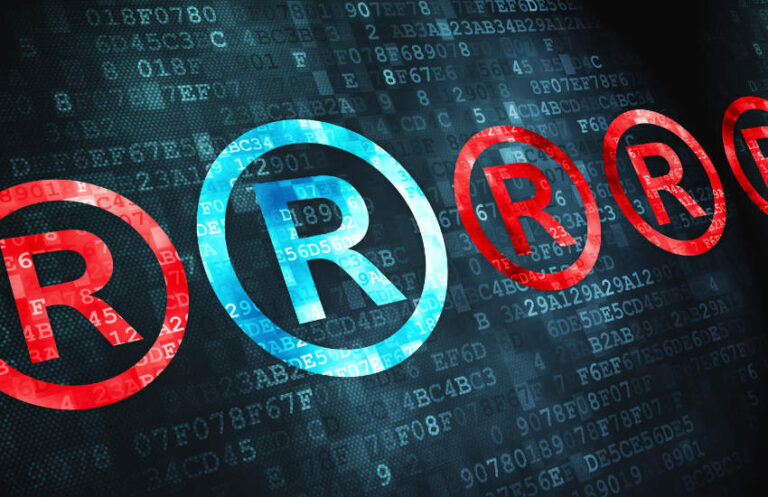
Source: www.ledgerinsights.com
On April 17 last year, the European Intellectual Property Office (EUIPO) created the genesis block on its IP Registry blockchain. The blockchain is used to record all trademark and design filing registrations and updates. This week, the EUIPO announced that the Polish and Italian patent offices are the latest to join the network, bringing the number of network nodes to six.
Why blockchain for IP?
Historically, EUIPO’s TMView and DesignView have been centralized databases. Any centralized database is at risk of crashing and must be properly protected to ensure that unauthorized changes do not occur. Rather, because blockchains are decentralized, multiple nodes store copies of the data, which builds resiliency and makes the database immutable. Security and integrity are critical to an intellectual property database.
One of the key things that blockchains are known for is the ability to time stamp transactions. These timestamps determine the order of financial transactions, which is critical to money because otherwise people could spend money they don’t have. But it is also crucial for intellectual property registries.
Another benefit of blockchain is transparency, so everyone with access can see what changes were made and when.
The IP Registry Blockchain Roadmap
By definition, the EUIPO connects with patent offices throughout the EU countries, as well as with other patent offices around the world. Therefore, data transfer is a vital function of the blockchain as it creates a shared database.
Regarding data transfers, so far, the IP Register blockchain supports real-time updates and data validation. Aging claim verification and an IP history view are coming soon. And after that, there are plans for priority and certified claims, which are currently in the pipeline. The creation of an IP wallet is still in the research stage.
If you have an IP wallet, chances are you have a trademark or design token that could allow you to trade, license, or finance. IP tokenization has already been launched in the private sector, including by IPwe.
We mention six IP registry blockchain nodes. The other nodes are hosted by the EUIPO and the patent offices of Malta, Lithuania and Estonia. Hungary, Latvia and Portugal are expected to be added in the first quarter of 2023.
Multichain is the blockchain technology used for the project, but we are awaiting confirmation.
The EUIPO is also working on a blockchain solution against counterfeiting. Meanwhile, in February, WIPO published a report on blockchain in the IP sector.
Read More at www.ledgerinsights.com